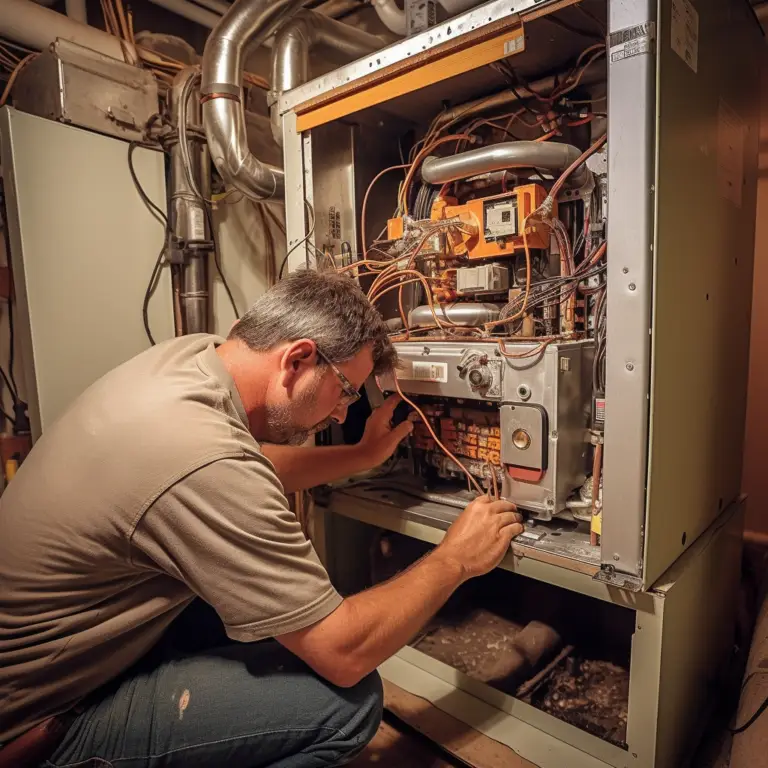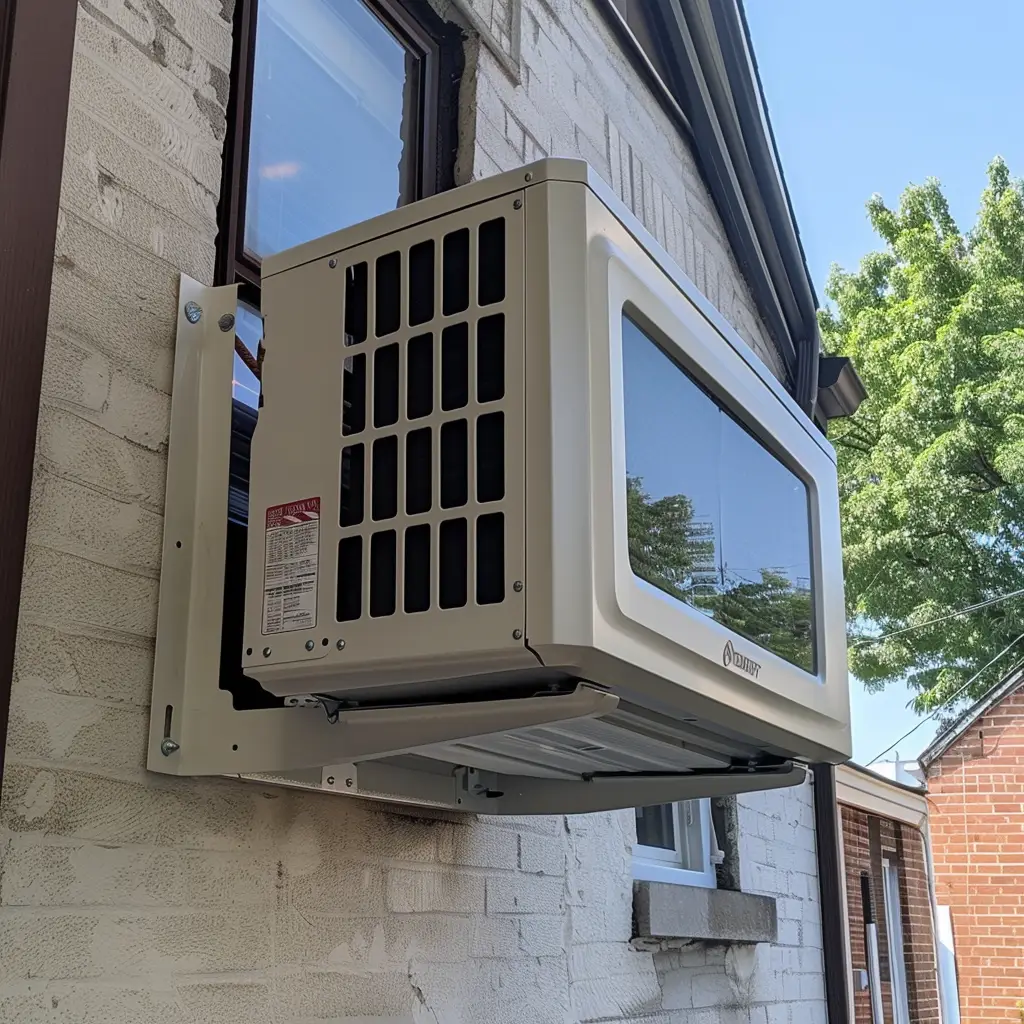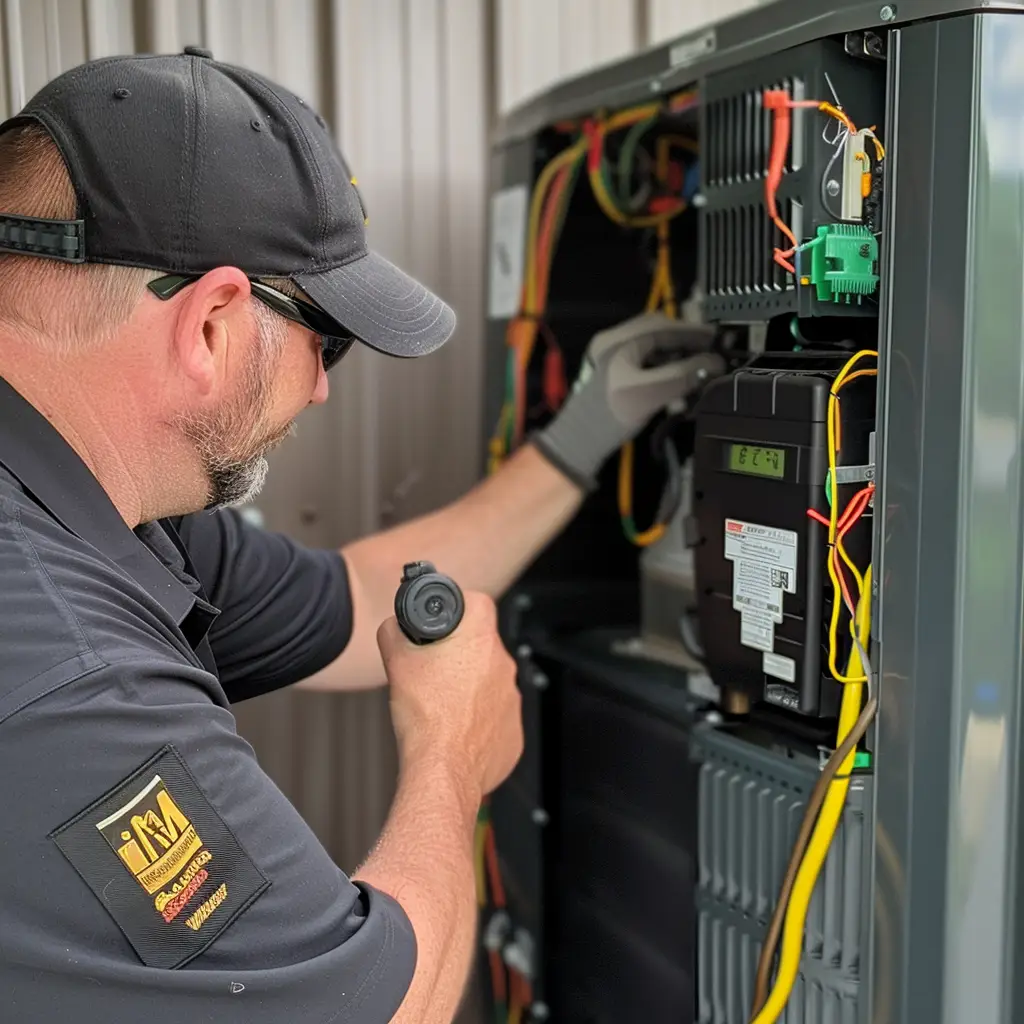Introduction to HVAC Systems
What is an HVAC System?
An HVAC system, which stands for Heating, Ventilation, and Air Conditioning, is integral to the comfort of your home. It controls temperature, humidity, and the quality of air in your living space.
Importance of an HVAC System
HVAC systems play a critical role in maintaining a comfortable and healthy indoor environment. A well-functioning HVAC system ensures optimal temperature control, reduces humidity, and improves air quality by filtering out pollutants.
Factors to Consider When Choosing an HVAC System
Size of Your Home
One of the first things to consider is the size of your home. A system that is too small may not be able to adequately heat or cool your home, while one that is too large could lead to higher energy costs.
Energy Efficiency
An efficient HVAC system costs less to run, and the more it contributes to environmental sustainability. Always consider the Seasonal Energy Efficiency Ratio (SEER) rating of the HVAC system.
Type of HVAC System
There are various types of HVAC systems, such as central systems, ductless mini-splits, heat pumps, and furnaces. The best type for you depends on several factors, including your home’s size and your climate.
Your Budget
HVAC systems can range greatly in price. It’s essential to balance the initial cost with ongoing energy and maintenance costs.
Maintenance and Installation
Some HVAC systems require more maintenance and are more complex to install than others. Consider these factors and the potential for additional HVAC costs.
Types of HVAC Systems
Central HVAC Systems
These are common in many homes, using ductwork to distribute conditioned air throughout the house.
Ductless Mini-Splits
These are a type of HVAC system that doesn’t require ductwork. They can be a good option for homes where installing ductwork isn’t feasible.
Heat Pumps
Heat pumps can both heat and cool your home by transferring heat energy between the inside and the outside.
Furnaces and Boilers
These are traditional heating systems. Furnaces distribute hot air through ductwork, while boilers heat water to provide steam or hot water for heating.
To learn more about which AC system may be best for your home, watch this video by Fox Family Heating and Air Conditioning
Trust AirPoint for Your Ideal HVAC System Selection
At AirPoint, we understand the complexities involved in choosing the perfect HVAC system. As a Carrier factory authorized dealer and NATE certified company in Toronto, we’ve established ourselves as leaders in the industry. We are proud recipients of the HomeStars Best of the Best 2023 award and consistently maintain a 5-star rating on Google and HomeStars. All our technicians hold certifications from TSSA, HRAI, and CSA, assuring you that we can guide you in making the most informed choice for your home’s HVAC system.
Key HVAC System Selection FAQs
What does HVAC stand for?
HVAC stands for Heating, Ventilation, and Air Conditioning.
Why is the size of my home important when choosing an HVAC system?
The size of your home determines the capacity needed for your HVAC system. A system that's too large or small for your space can lead to inefficiencies and higher energy costs.
What is the SEER rating?
The Seasonal Energy Efficiency Ratio (SEER) is a measure of an HVAC system's efficiency. The higher the SEER rating, the more energy-efficient the system is.
What are the different types of HVAC systems?
The main types of HVAC systems include central HVAC systems, ductless mini-splits, heat pumps, and furnaces and boilers.
Why should I consult a professional when choosing an HVAC system?
A professional can evaluate your home's specific needs, help you choose the most suitable system, and handle safe and efficient installation.





